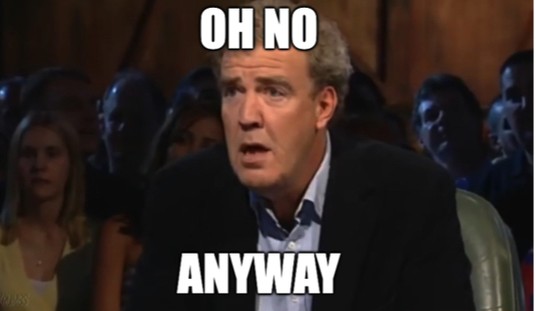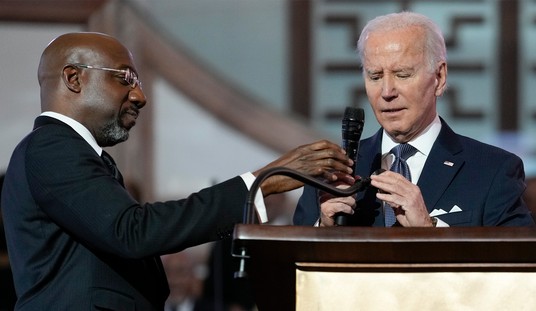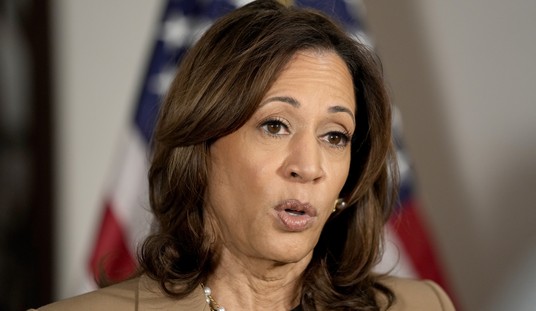Yesterday, the Washington Post’s crackerjack team of fake news debunkers took aim at GOP Sen. Tom Cotton’s thoughts on the coronavirus situation:
Sen. Tom Cotton fans the embers of a coronavirus conspiracy theory that has been repeatedly debunked by experts https://t.co/z0Mr4KmiOu
— The Washington Post (@washingtonpost) February 16, 2020
The thing was, the Washington Post wasn’t really debunking what Cotton said; they just took liberties with what he said to make it sound like he was pushing “a coronavirus conspiracy theory.”
Well, not that the WaPo gave a damn, but Cotton attempted to set the record straight about what he said:
Let me debunk the debunkers. @paulina_milla and her “experts” wrongly jump straight to the claim that the coronavirus is an engineered bioweapon. That’s not what I’ve said. There’s at least four hypotheses about the origin of the virus: https://t.co/536ygN1gC7
— Tom Cotton (@SenTomCotton) February 17, 2020
1. Natural (still the most likely, but almost certainly not from the Wuhan food market)
— Tom Cotton (@SenTomCotton) February 17, 2020
2. Good science, bad safety (eg, they were researching things like diagnostic testing and vaccines, but an accidental breach occurred)
— Tom Cotton (@SenTomCotton) February 17, 2020
3. Bad science, bad safety (this is the engineered-bioweapon hypothesis, with an accidental breach)
— Tom Cotton (@SenTomCotton) February 17, 2020
4. Deliberate release (very unlikely, but shouldn’t rule out till the evidence is in)
— Tom Cotton (@SenTomCotton) February 17, 2020
Again, none of these are “theories” and certainly not “conspiracy theories.” They are hypotheses that ought to be studied in light of the evidence, if the Chinese Communist Party would provide it.
— Tom Cotton (@SenTomCotton) February 17, 2020
What, exactly, is “conspiratorial” about suggesting that the Chinese government isn’t being upfront about what’s going on? They’ve already been shown to have been deceptive (at best) with regard to the coronavirus spread (and definitely with regard to lots of other things). It seems perfectly reasonable to question their honesty. Merely laying out the possible explanations for what happened is not “fanning the embers of” a conspiracy theory.
We ought to be transparent with the American people about all this. Maybe some of these so-called experts think they know better. I don’t. And they really don’t either.
— Tom Cotton (@SenTomCotton) February 17, 2020
The Washington Post seems hellbent on skewering Tom Cotton’s credibility instead of actually trying to get to the bottom of what’s going on. That should tell you something.
The media keeps claiming what Cotton said was debunked while pointing to "experts" debunking claims other than the ones made by Cotton.
They are the ones being irresponsible and dishonest here. https://t.co/EfSh4fGV7U
— (((AG))) (@AGHamilton29) February 17, 2020
I wrote about this topic in this week's AG Report.
Journalists should recognize that real questions do exist here and that they should seek more information instead of using talking points from a Communist regime to dismiss those questions.https://t.co/m164wE0eyO pic.twitter.com/IV2Fw9bBBz
— (((AG))) (@AGHamilton29) February 17, 2020
was clear from the onset that reporters were reacting to hyper partisan twitter reactions, rather than listening to the comments themselves.
This site has been a cancer for journalism, this absurd telephone game being one example of many.
— John Noonan (@noonanjo) February 17, 2020
Right. Every time someone denouncing Cotton is asked to explain what he said that was wrong, they keep changing his words to justify it.
Bad enough when big accounts on Twitter do it, but indefensible when it's coming from journalists.https://t.co/07j1mMRPTn
— (((AG))) (@AGHamilton29) February 17, 2020
























Join the conversation as a VIP Member